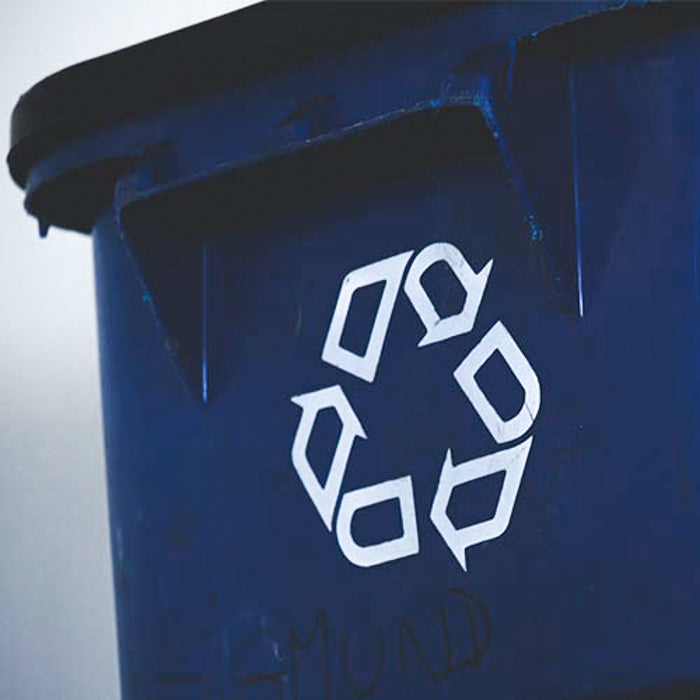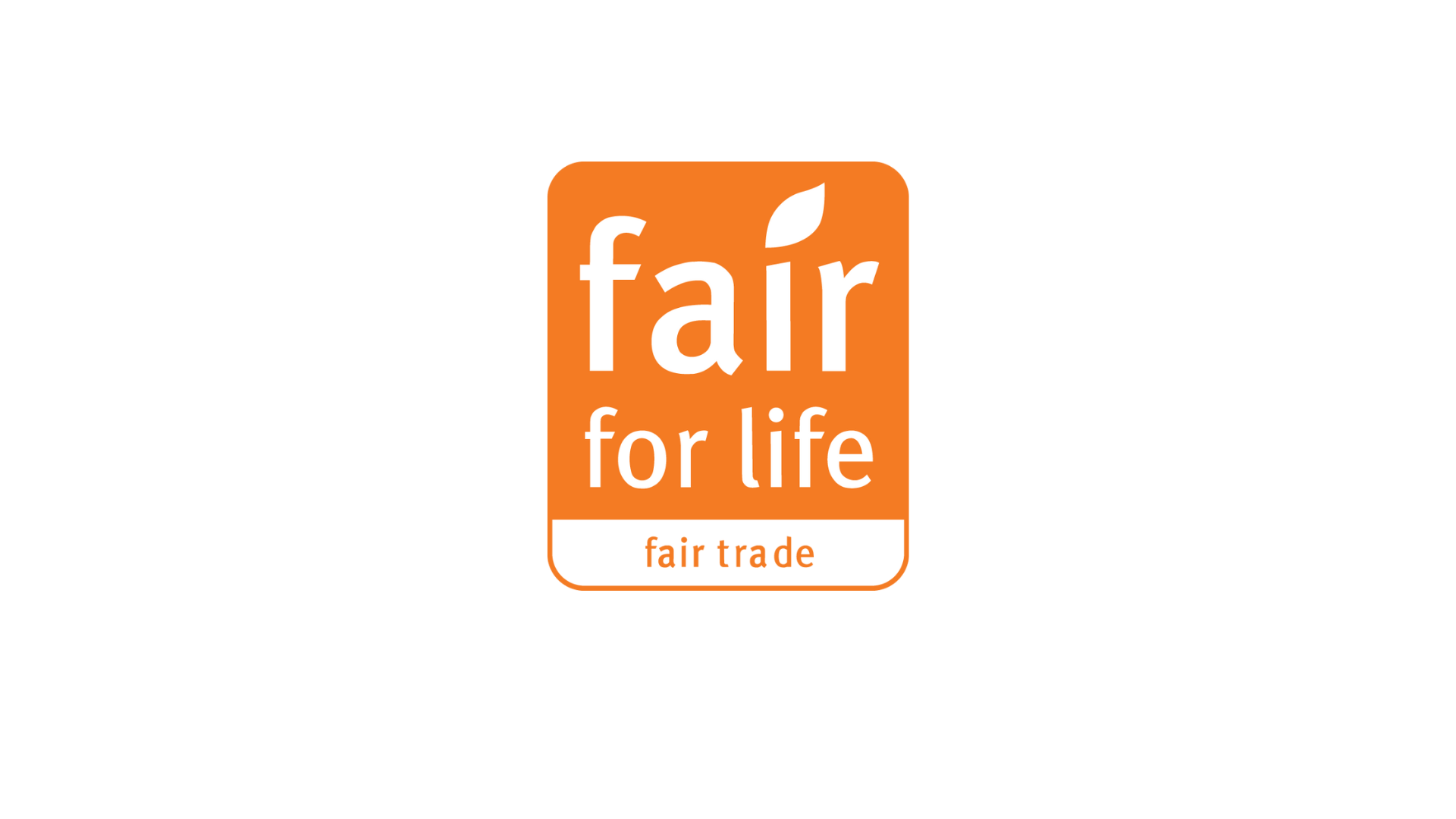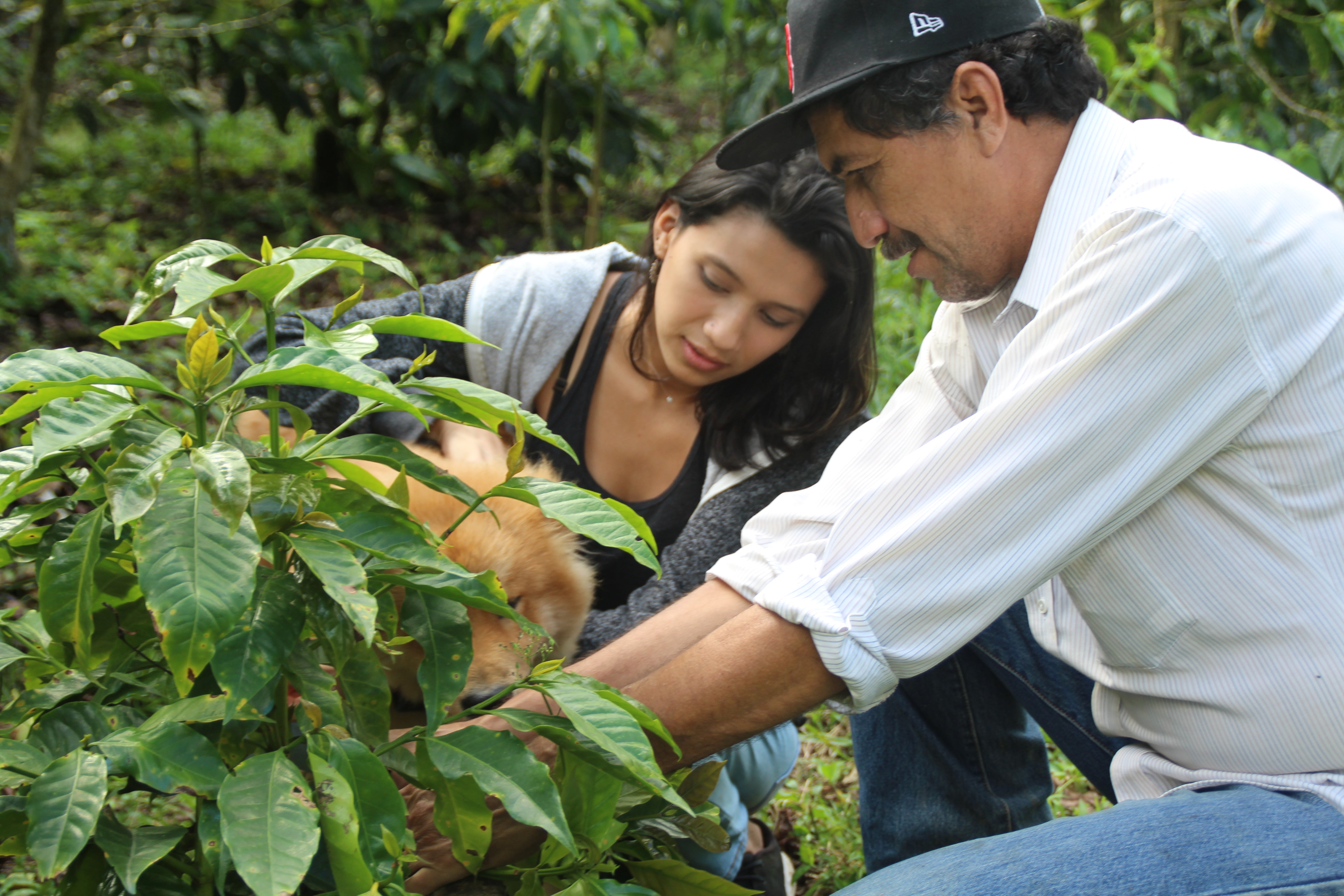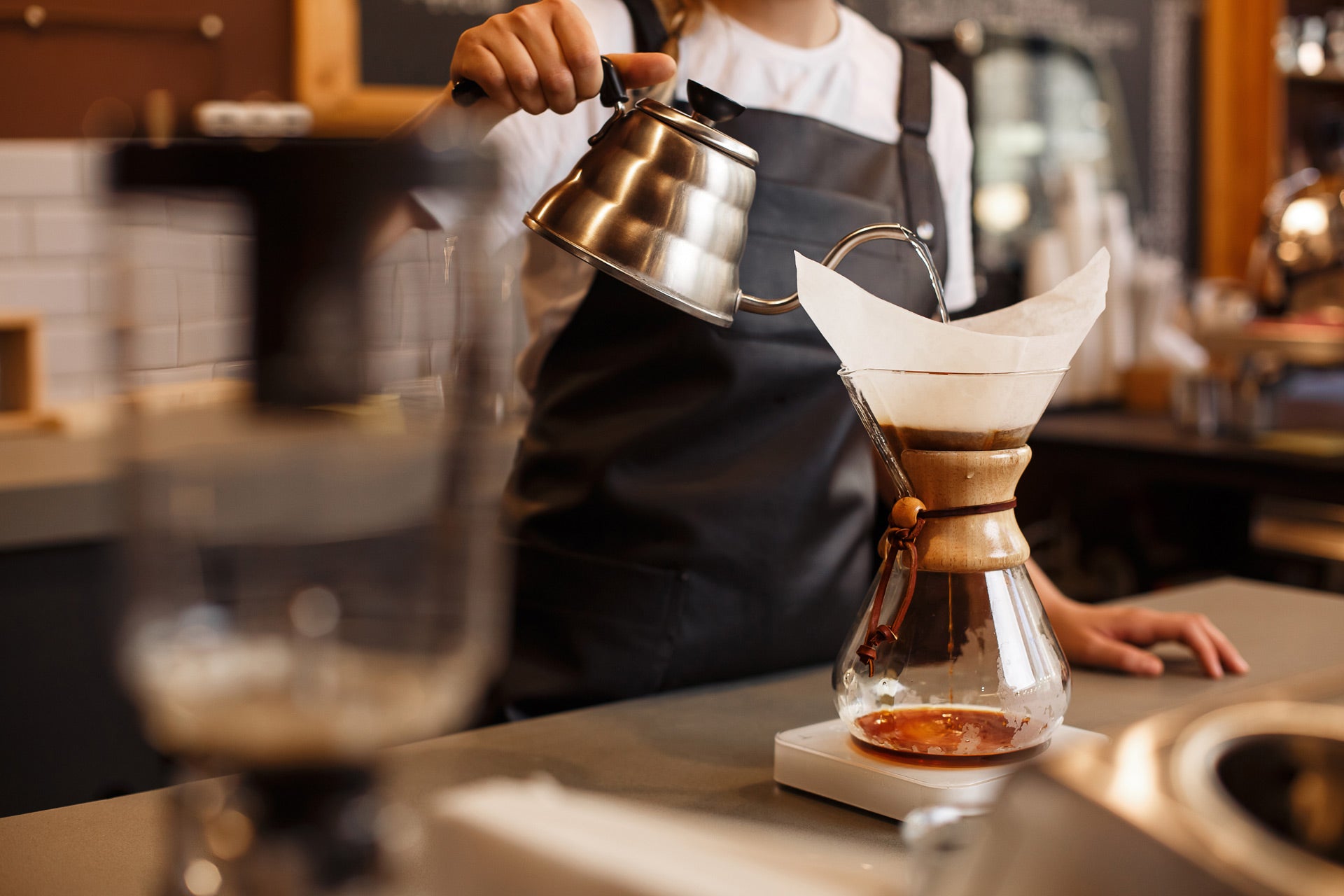
What is Zero Waste and Why Is It Important?
Salt Spring Coffee has a waste management program that tracks our waste diversion from the landfill each week. Our goal is to become Zero Waste by 2026.
Approximately 85.5% of our waste in the last 6 months has been diverted from the landfill.
We asked Sam Whelen, our Quality Assurance and Sustainability Manager, a few questions to help you understand what we mean when we say that we are trying to achieve Zero Waste. See our conversation below.
What does it mean to be Zero Waste?
To us, Zero Waste means being able to roast, package and ship our coffee without contributing to the landfill or incinerator. We start by looking at all items involved in the production and try to find creative solutions or replacements for items that would traditionally be considered garbage.
Our goal is to identify materials that can be substituted for more sustainable materials to eliminate waste during production. We will achieve our zero waste goal when we are able to divert 100% of our waste from the landfill and into recycling or organic streams.
Why is Zero Waste Important?
Striving for zero waste is important because we want to do our part in reducing our impact on the environment.
Waste that ends up in our landfills, oceans and incinerators all contribute to climate change. Climate change disproportionately affects those near the equator which includes the “coffee belt” where our producers live and work. We see this with increases in natural disasters which devastate communities in these areas.
In Canada, 86% of waste ends up at the landfill with packaging accounting for nearly half of all plastic waste waste. (A Roadmap to Support the Circularity and Recycling of Plastics in Canada – Technical Standards, Regulations and Research - CSA 2020.)
At Salt Spring Coffee, we’ve managed to divert 85.5% (over a 6 month period) of our waste away from landfills and will continue to look for solutions to reach our zero waste goal.
What are the challenges of becoming Zero Waste?
The challenge of becoming zero waste here in British Columbia is that the waste management facilities do not currently recycle the film we use for our packaging. This is because multilayer film packaging is required to keep coffee fresh, but is more labour intensive for waste management facilities to process. Waste management facilities in Canada have yet to catch up to what other countries are capable of processing.
So even though a lot of packaging claims to be made of “recyclable” or “biodegradable” material, there is a good chance that they end up in the Waste-to-Energy stream (incinerator.) The challenge is finding packaging that will maintain the quality and freshness of our coffee and can be easily recycled across Canada. As we continue searching for a more sustainable packaging option, we've created our Coffee Bag Recycling Program to help our customers recycle coffee bags. See details here.
What are we doing to become Zero Waste?
Right now, we are doing a few things! One thing is getting our cafe on Salt Spring Island up to 100% waste diversion. So that means slowly replacing our inventory with more recyclable materials.
A huge challenge on Salt Spring Island is that municipal recycling facilities are limited. We’ve recently set up a recycling solution with a private waste management company so that our recyclable items are picked up, processed on Vancouver Island and then recycled into new plastic products.
Additionally, we’ve identified items in our waste stream and are looking to source more sustainable substitutes for example: water activated packing tape, commercially compostable gloves and of course packaging.
What are some things that people can do to become zero waste?
For anyone who wants to give the zero waste lifestyle a try, we recommend starting small. Here are some easy things you can do to make an impact:
- Check out some zero waste stores. In Vancouver, B.C. you can check out Nada and Soap Dispensary that sell everyday items with zero packaging.
- Look for sustainable substitutes for everyday items like replacing bottles of dish soap with concentrated soap tablets or laundry strips instead of bottles of detergent.
- Carry reusable shopping bags instead of using plastic bags when grocery shopping.
Small changes will make positive impacts in your day-to-day life.


